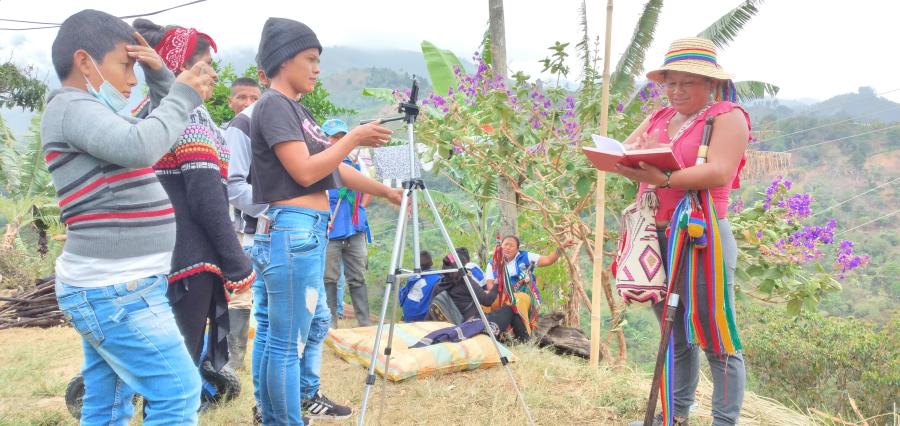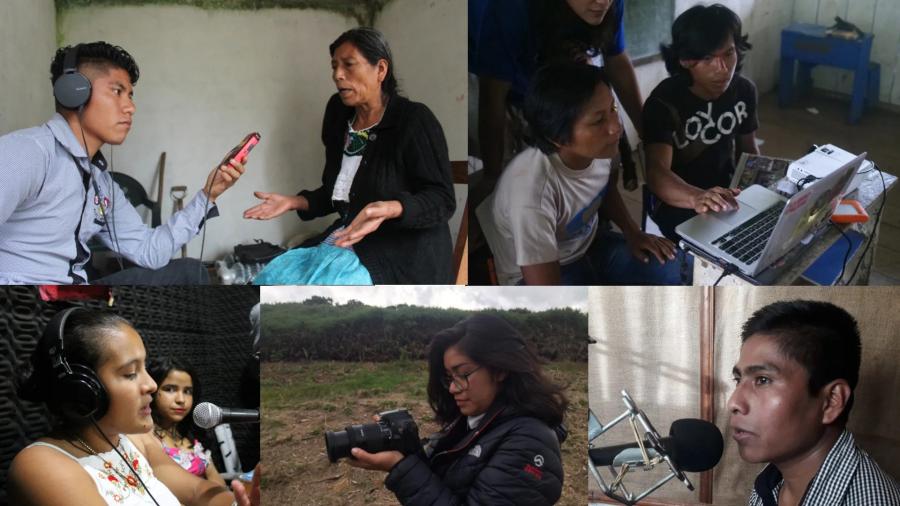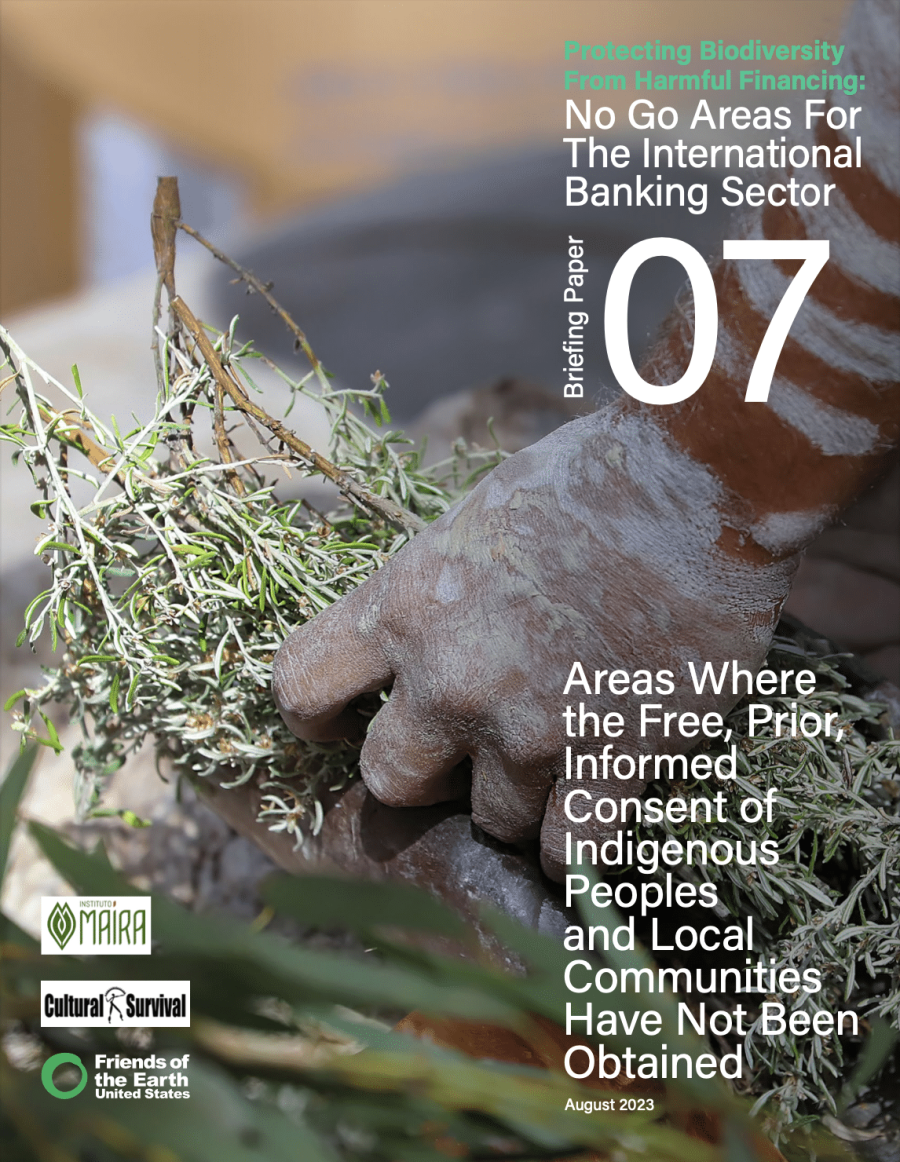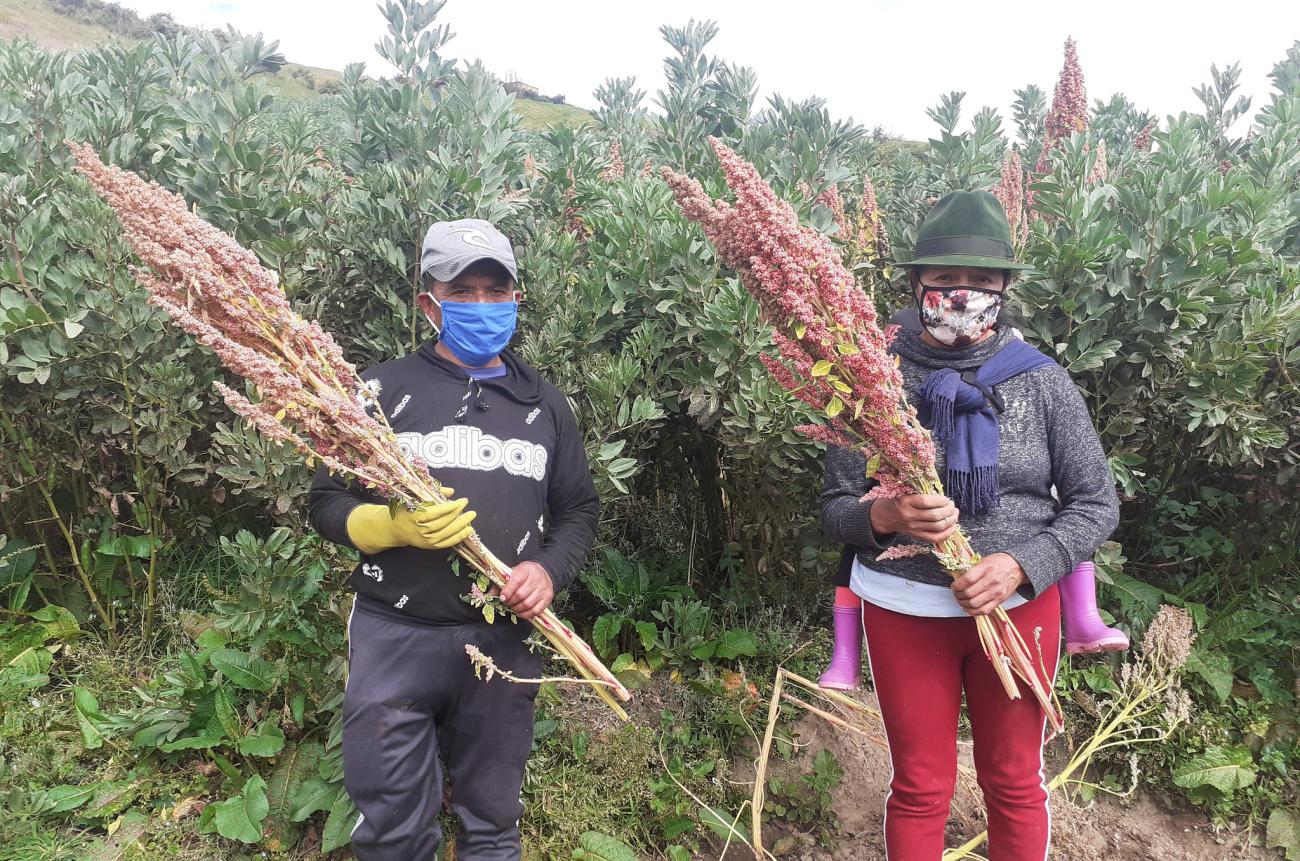
January 29 is National Seed Swap Day and to celebrate this official reminder that Spring is just around the corner, Cultural Survival would like to highlight the recent successes of two of our Keepers of the Earth Fund grant partners. The Keepers of the Earth Fund (KOEF) is an Indigenous Led Fund designed to support Indigenous Peoples’ community advocacy and development projects.
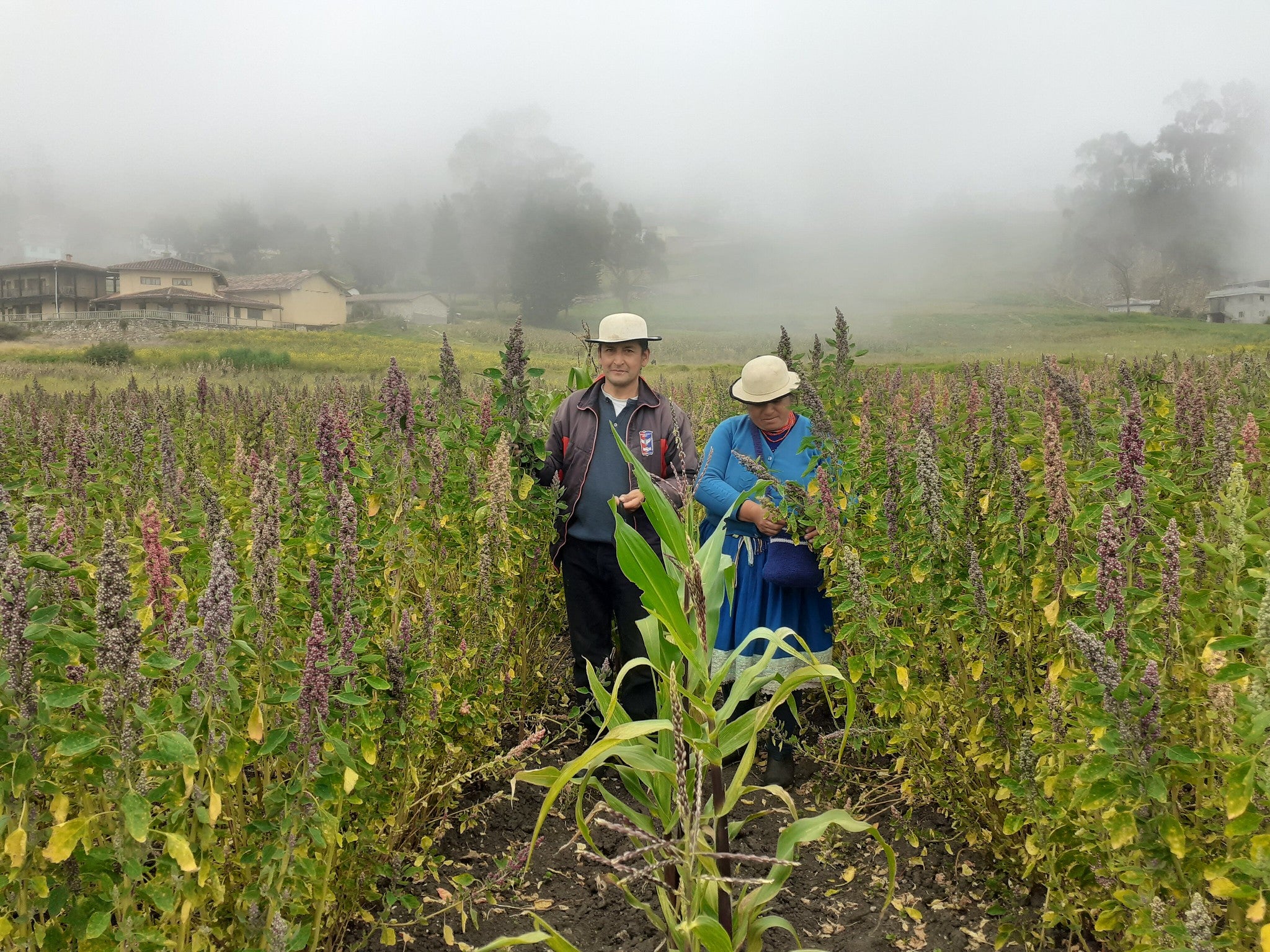
Mushuk Yuyay - Kichwa Cañari (Ecuador)
With the help of a grant from the Keepers of the Earth Fund in 2020, the Indigenous-led financial and agricultural cooperative, Mushuk Yuyay, was able to purchase commercial grains such as barley, quinoa, and amaranth at a fair price and plant those seeds while at the same time conducting very valuable workshops on the cultural significance of agriculture and food sovereignty within the community. According to one member of the community, “agriculture is life, family, and wisdom.” In Kichwa, the Elders often say, “Ñukanchi kawsayka chakrami,” meaning “our culture is agriculture.”
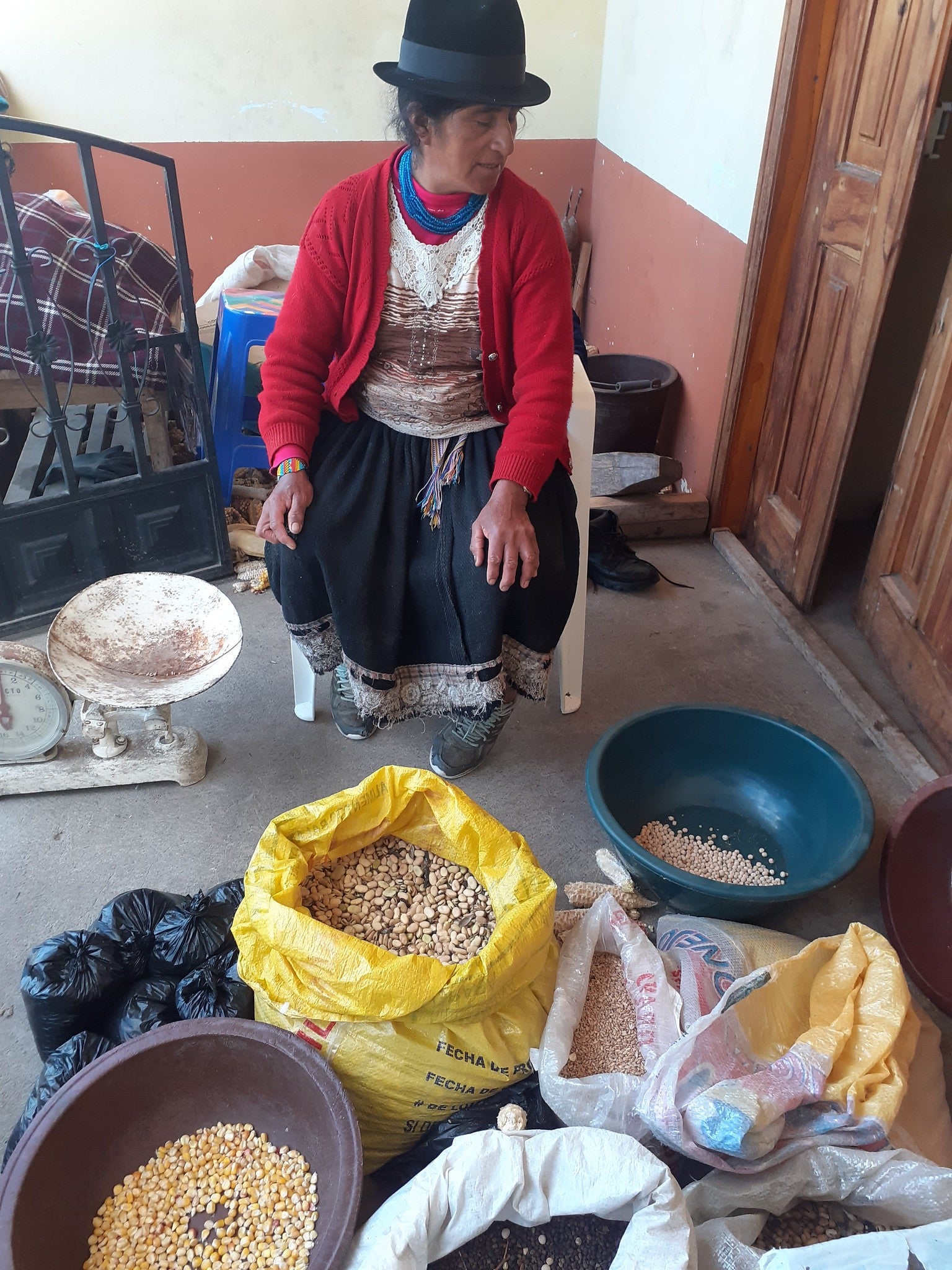
The grant has been particularly useful at this time due to the global COVID-19 pandemic. With the market either closed or, at the very least, unstable, having the grant from the Keepers of the Earth Fund meant that raw materials could still be purchased at a fair price, planted, and resold, helping to provide stability during an uncertain time. In addition, the team working at the center for collection, processing, and commercialization were motivated to continue working hard because there was still plenty of quality raw material for processing throughout the pandemic. “We must not be afraid of the pandemic,” said one community member. “We must stay positive, feed ourselves well, and stay motivated.”
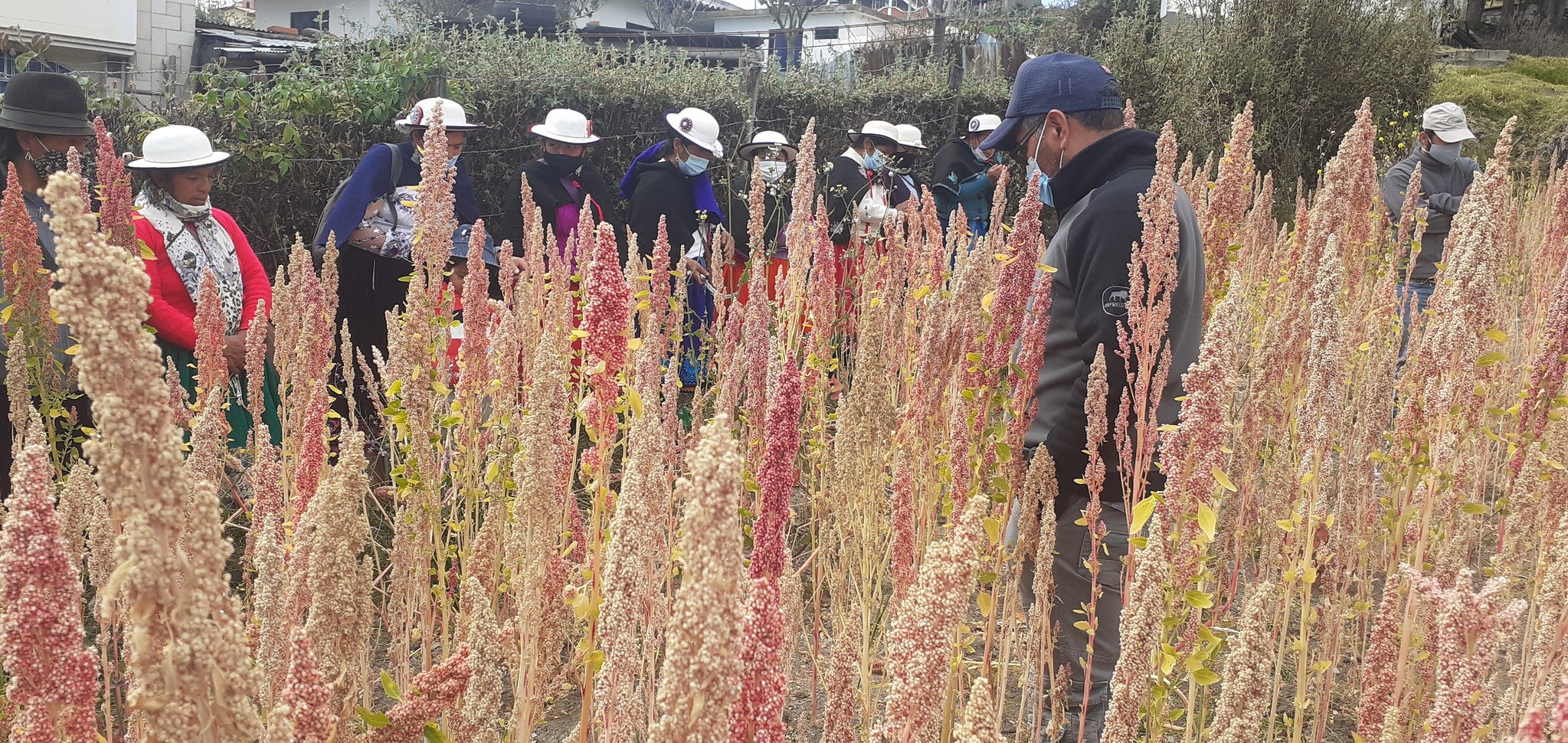
During this time, two workshops were held with community leaders, organizations, and institutions on the importance of Andean grains in food and family agriculture. One workshop focused on the importance of Andean grains in the present and in the face of future epidemics while the second event focused on the planting of quinoa and amaranth. There were also two tastings of food made from Andean grains as well. Sharing this knowledge and information is key, because agriculture and culture are so closely intertwined, and many community members worry that not enough young people are participating in the process and as a result, this traditional knowledge is being lost. During community meetings, concerns were voiced over the fact that farmers were turning to livestock farming because it was easier and less risky, but that depending on easily prepared foods might make the community more susceptible to disease. Others were worried that a lack of organization and clear leadership was also contributing to the loss of traditional agricultural knowledge. There is also a risk of losing traditional knowledge due to the large-scale migration of families from Ecuador to the United States. This emigration not only affects the local economy but also means that there are fewer community members to participate in the associative grain production process and fewer carriers of agricultural knowledge.
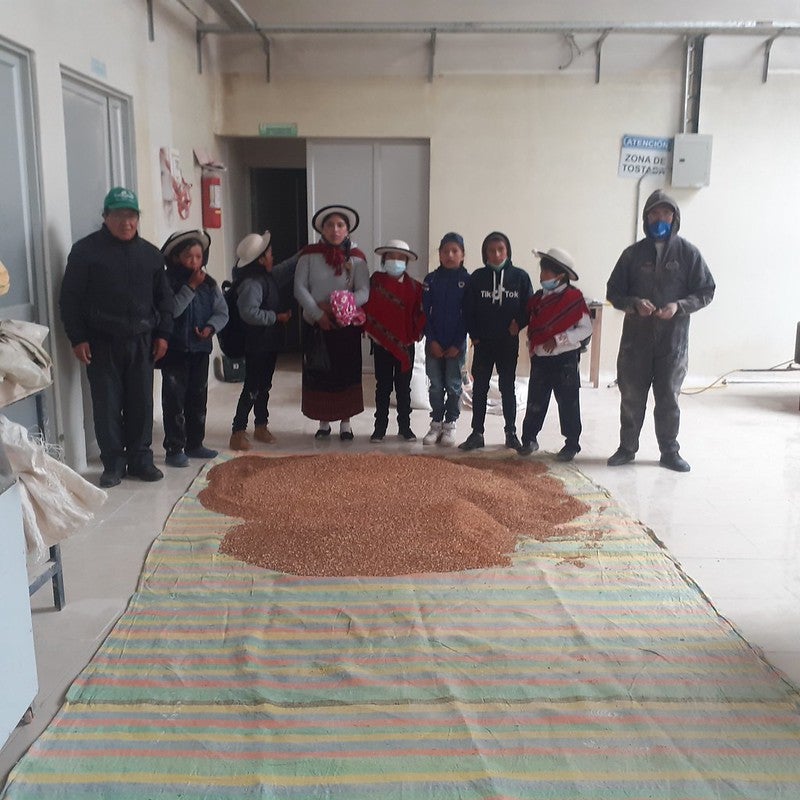
Mushuk Yuyay began simply producing seeds in 1994 and then 15 years later began selling derivatives of grains, such as barley, wheat, beans, and peas; wheat cereals; and legumes at the local market. The organization conducts research regularly to continue its work in a way that incorporates ancestral knowledge and environmental considerations into the process.
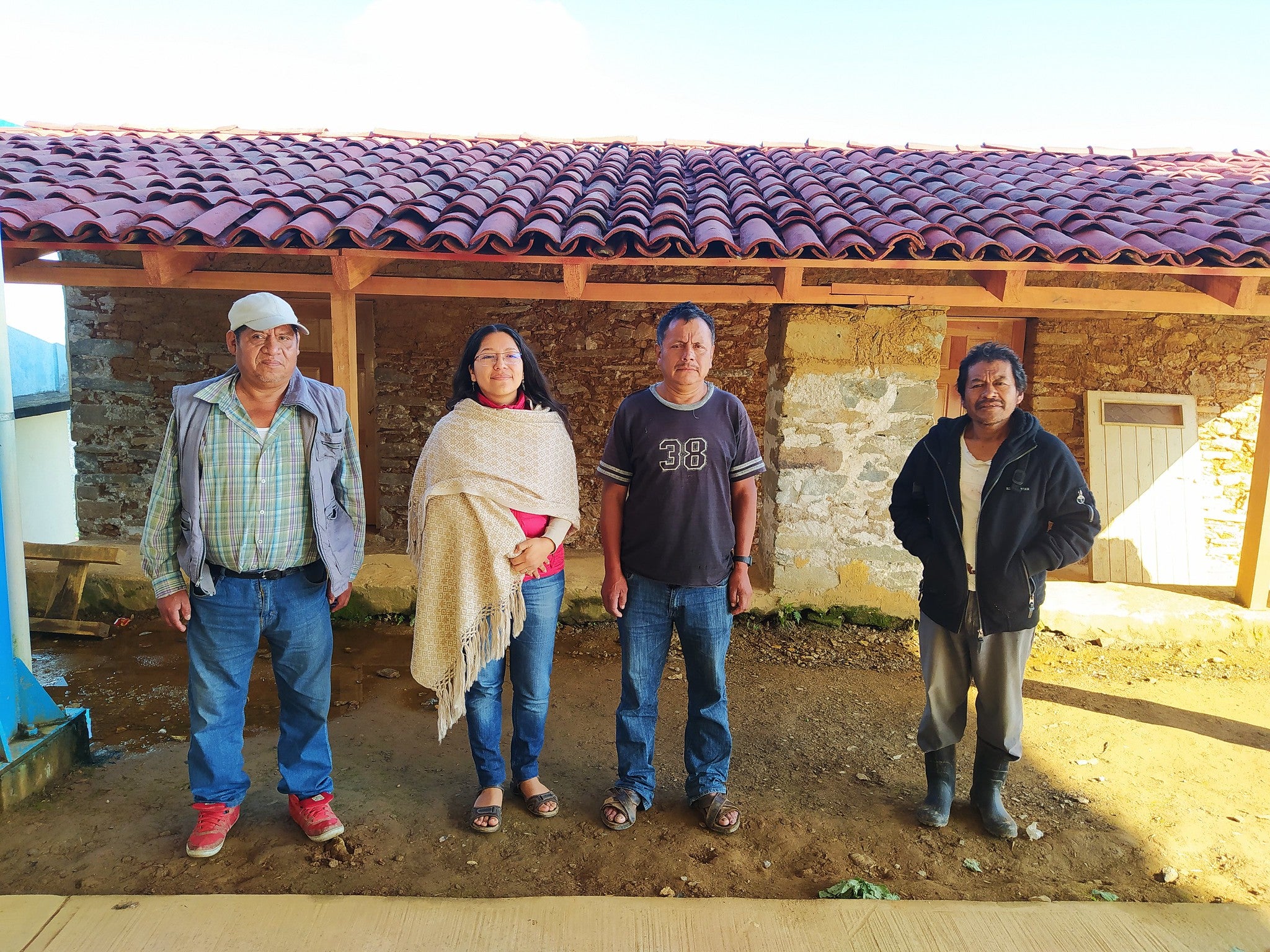
UNOSJO - Xidza (Mexico)
The Union of Organizations of the Sierra Juarez of Oaxaca (UNOSJO) is a Zapotec/Xidza organization based in the Juarez Mountains of southern Mexico and has been a leader throughout 30 years in the defense of Indigenous varieties of corn and access to water, as well as in the resistance against extraction and the introduction of genetically modified corn in the Oaxacan countryside.
UNOSJO’s main focus throughout the pandemic was to use the resources from the Keepers of the Earth Fund to help provide food to those communities in the area who needed it most. Corn was purchased from communities in the Rincón Bajo region who had a surplus of corn and provided to communities in Rincón de Ixtlán and Rincón de Tanetze who were suffering a shortage of food due to the poor harvest in 2019 after a lack of rainfall in the area. Food supplies were also scarce because of the implementation of health screenings and restrictions on people’s entry and exit.
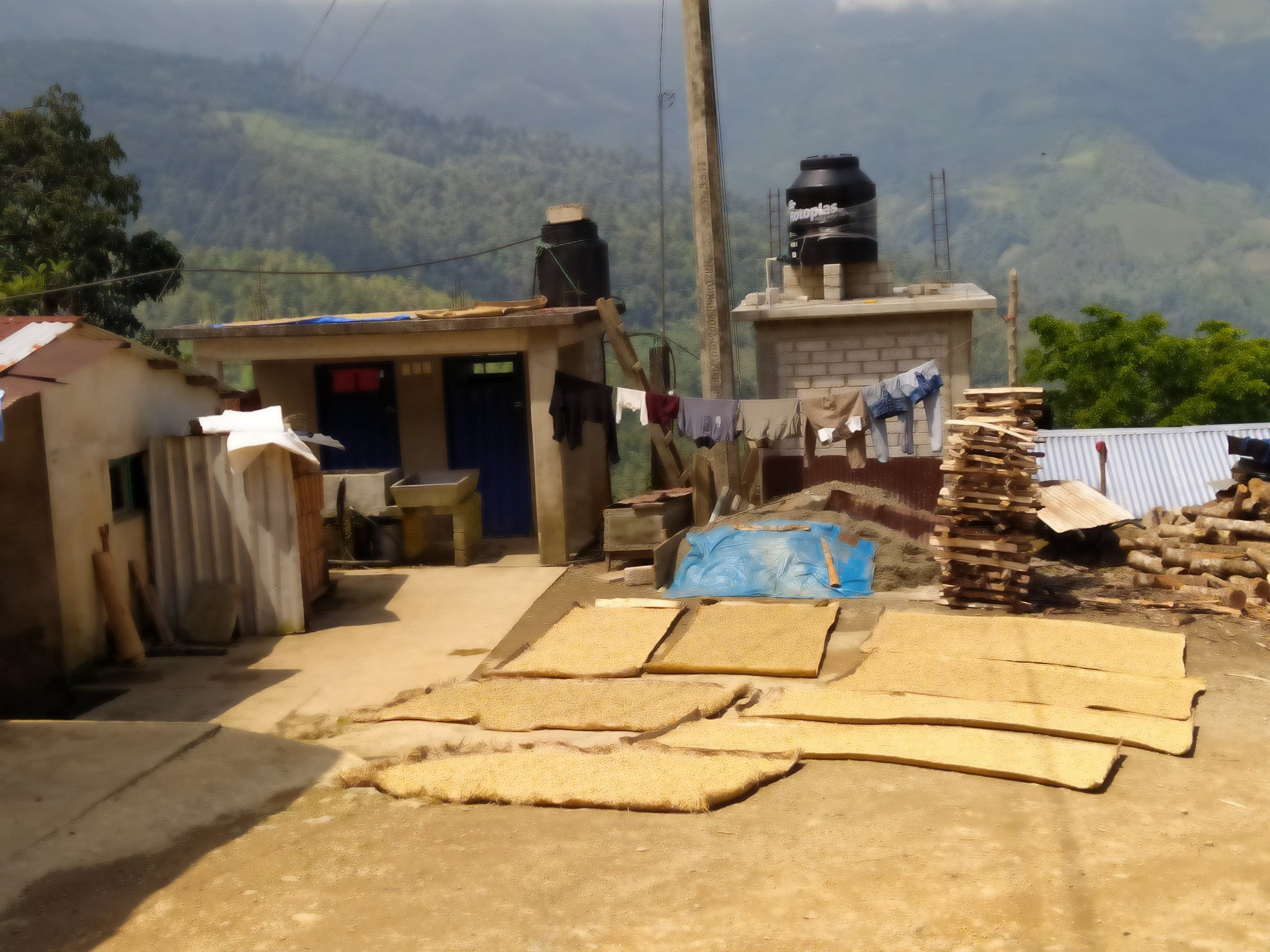
With the help of resources from KOEF, UNOSJO was able to move supplies from Rincón Bajo to their offices in Guelatao de Juárez so that the grains could be properly dried and stored unaffected by pests. These resources were also used to acquire face masks and disinfectants for the health screenings in the communities and local health centers that often did not have the equipment necessary to disinfect properly.
The organization also helped to produce radio programs that were transmitted by local community radio stations. These programs contained information related to the COVID-19 pandemic and emphasized the importance of acknowledgment of the rights of Indigenous Peoples both by the local Oaxacan government and the national government. “UNOSJO calls on the state and federal governments to guarantee the rights of Indigenous Peoples to self-determination, including the right to be or remain in isolation, and to stop promoting an extractivist development model and right of way in Mexico, which has played a key role in creating the global pandemic in which we find ourselves,” stated the host of one such radio program. “[The government must] provide the necessary support to farmers so they can remain rooted in their communities and resume self-sufficient production as well as local trade of surpluses as a first step towards food sovereignty.”
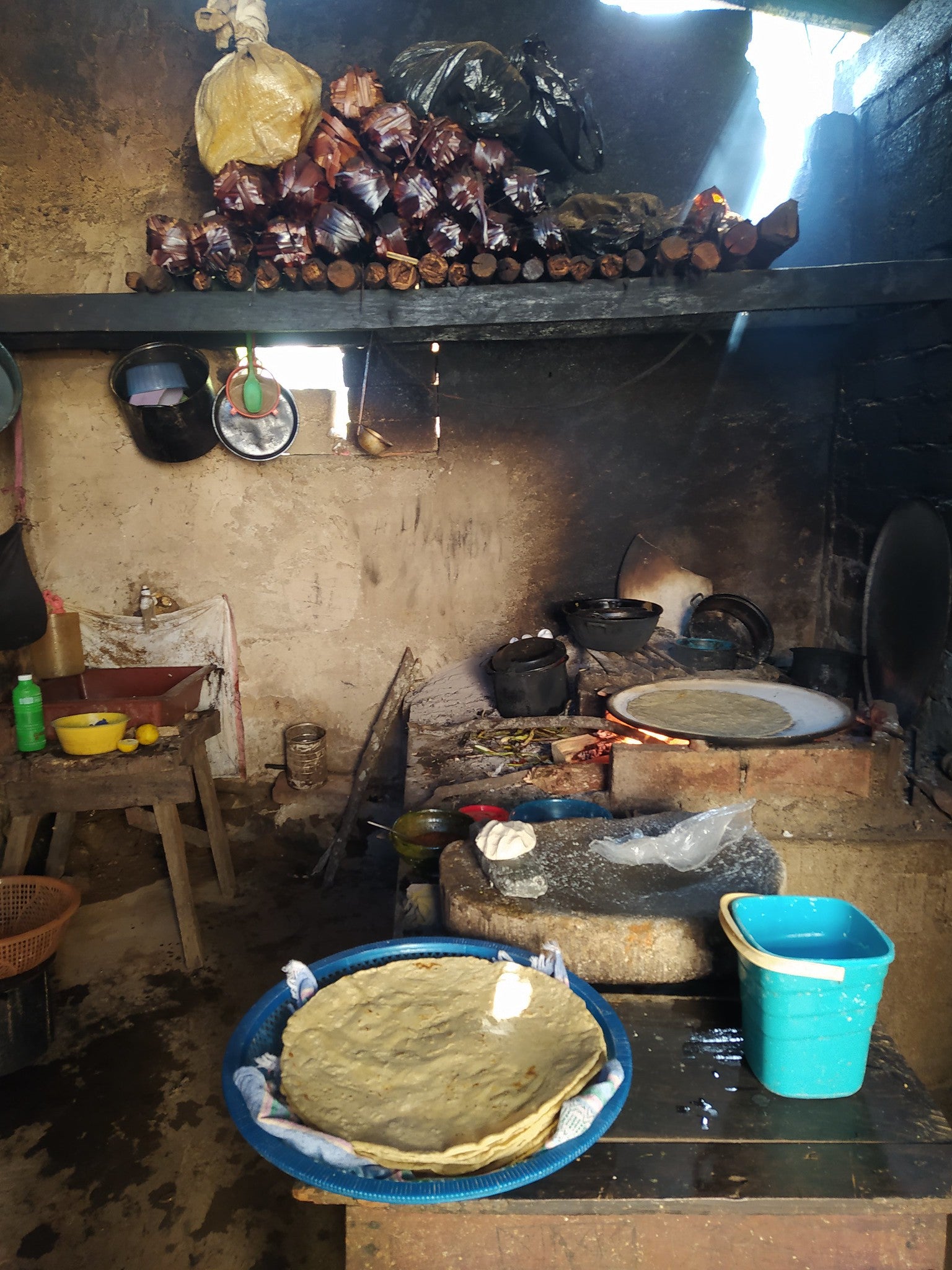
Both projects, without planning it and in different geographies, coincided in their strategy to face the situation caused by the pandemic. The importance of their work on the preservation of native seeds became clearly important and showed that their previous work is one of the most important strategies for the food security of the communities, thus ensuring not only food but also the economy and health of their people. Cultural Survival is honored to support communities during the most difficult times of the pandemic through these and other similar projects, where communities have taken the lead in their solutions based on their worldviews. We hope that many projects of this type can be financed for the benefit of Indigenous Peoples.
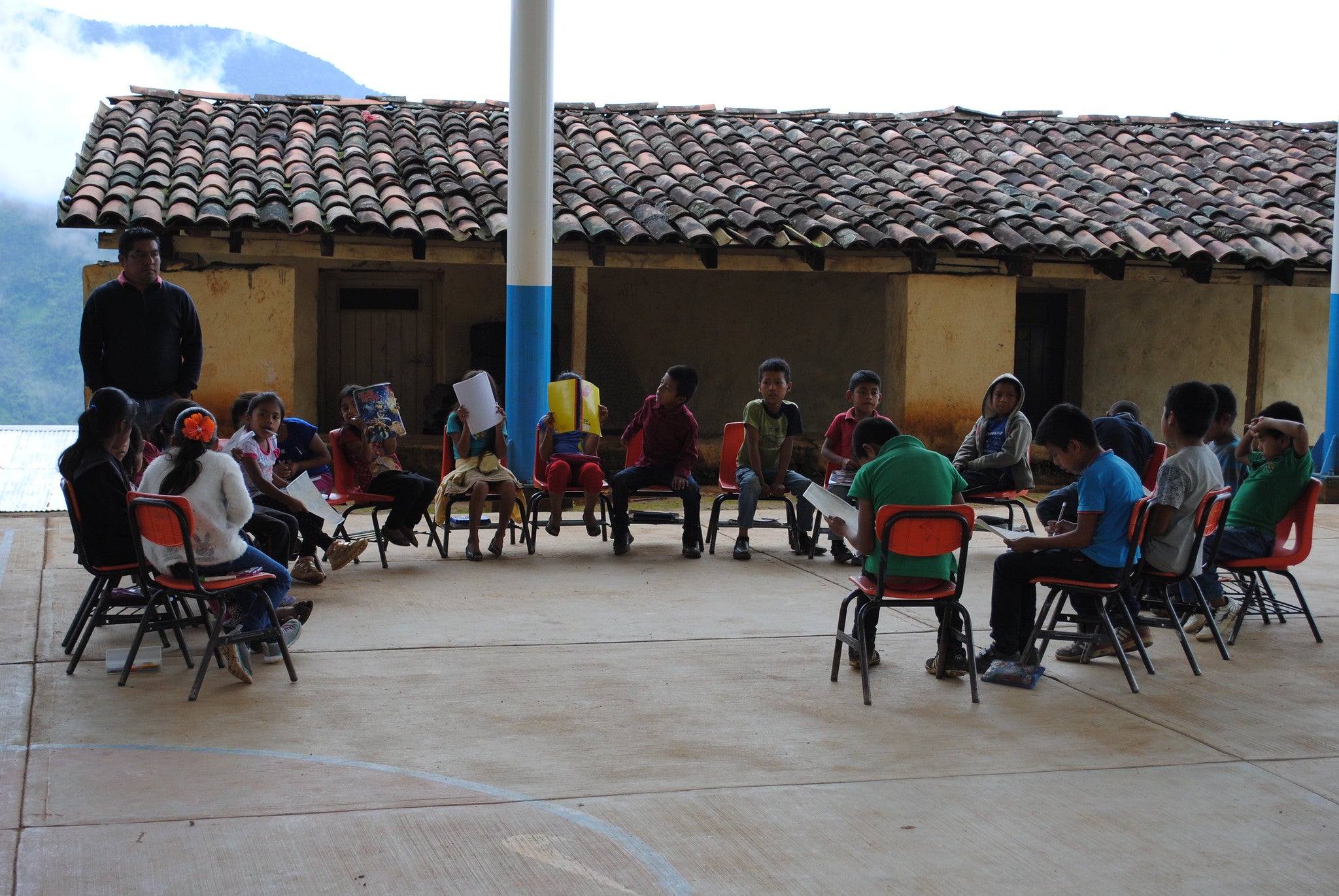
Keepers of the Earth Fund (KOEF) is an Indigenous Led Fund within Cultural Survival designed to support Indigenous Peoples’ community development and advocacy projects. Since 2017, through small grants and technical assistance, KOEF has supported 182 projects in 36 countries totaling $791,838. KOEF provides, on average, $5,000 grants to grassroots Indigenous-led communities, organizations, and traditional governments to support their self-determined development projects based on their Indigenous values. Predicated on the United Nations Declaration on the Rights of Indigenous Peoples, Cultural Survival uses a rights-based approach in our grantmaking strategies to support grassroots Indigenous solutions through the equitable distribution of resources to Indigenous communities.
